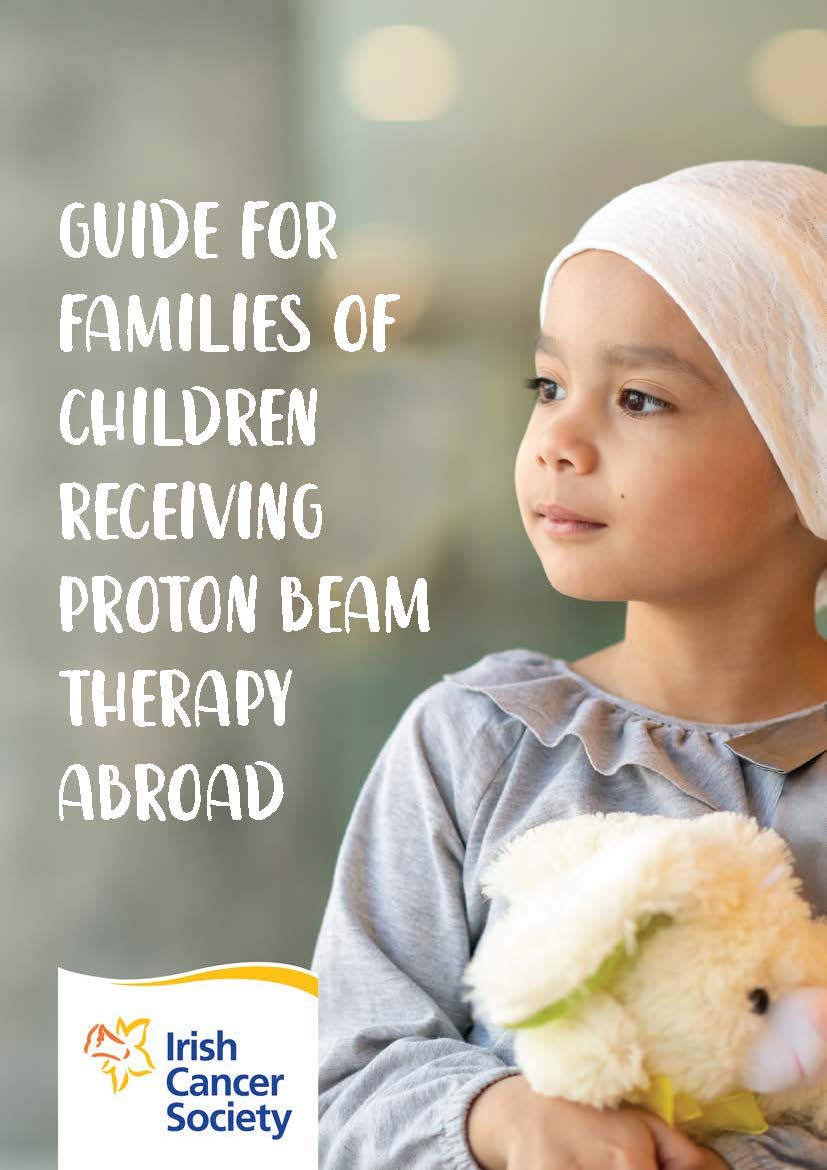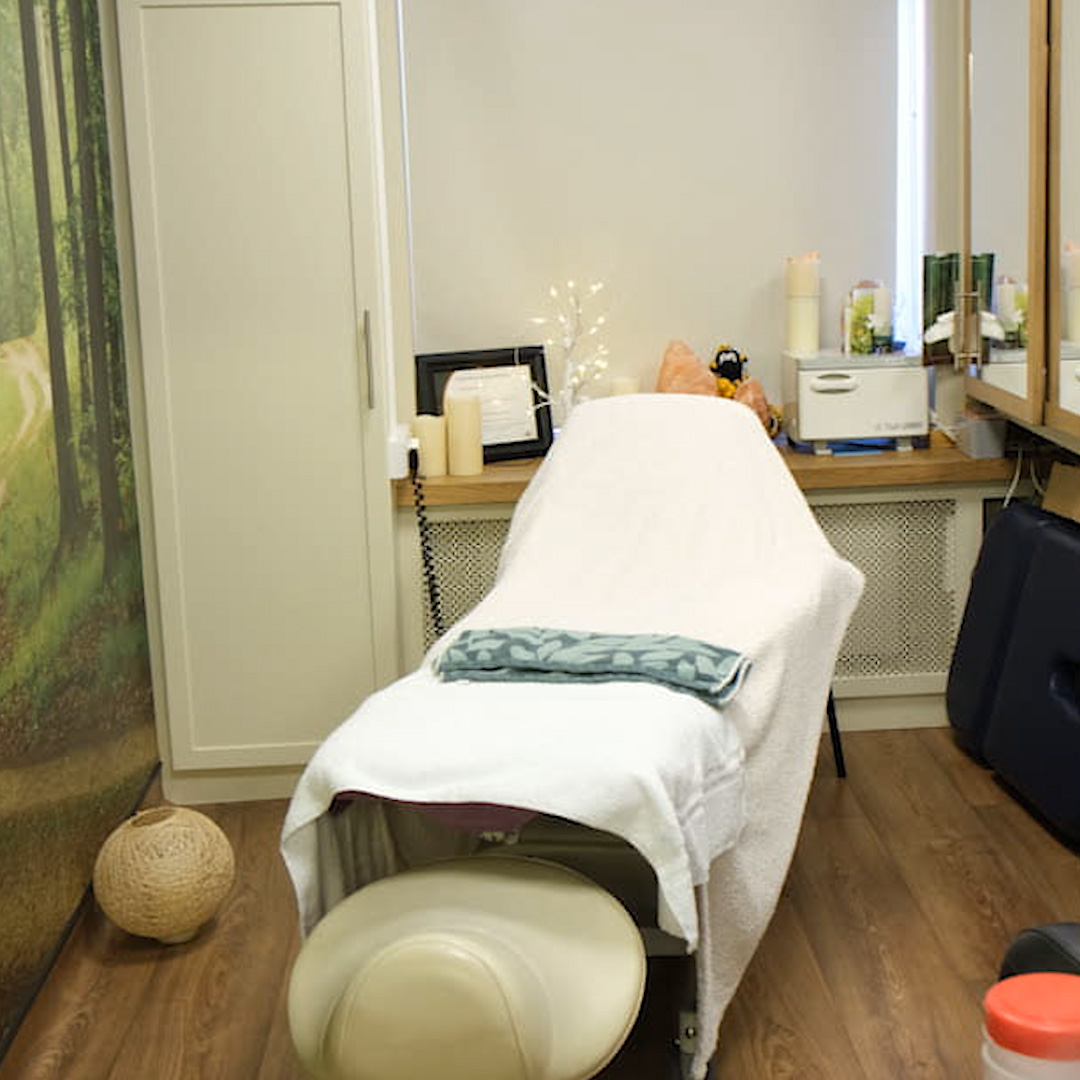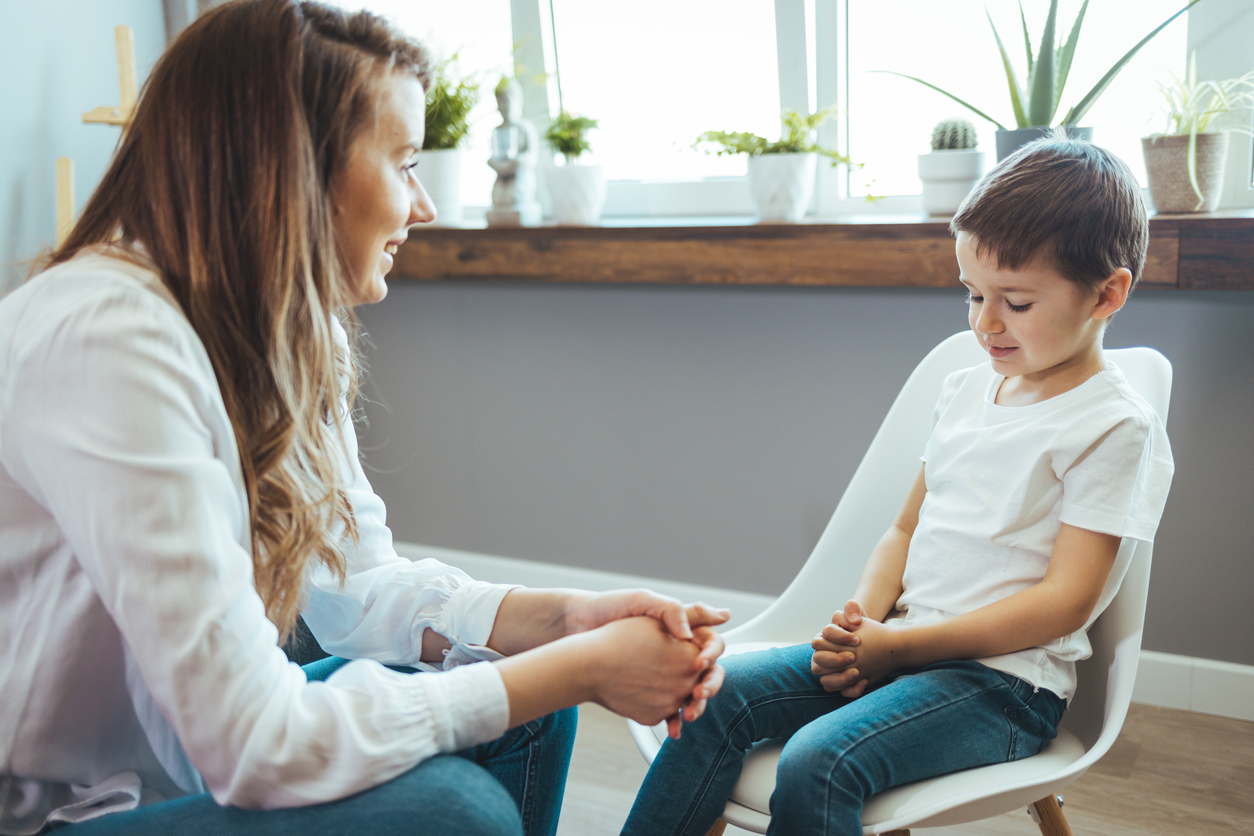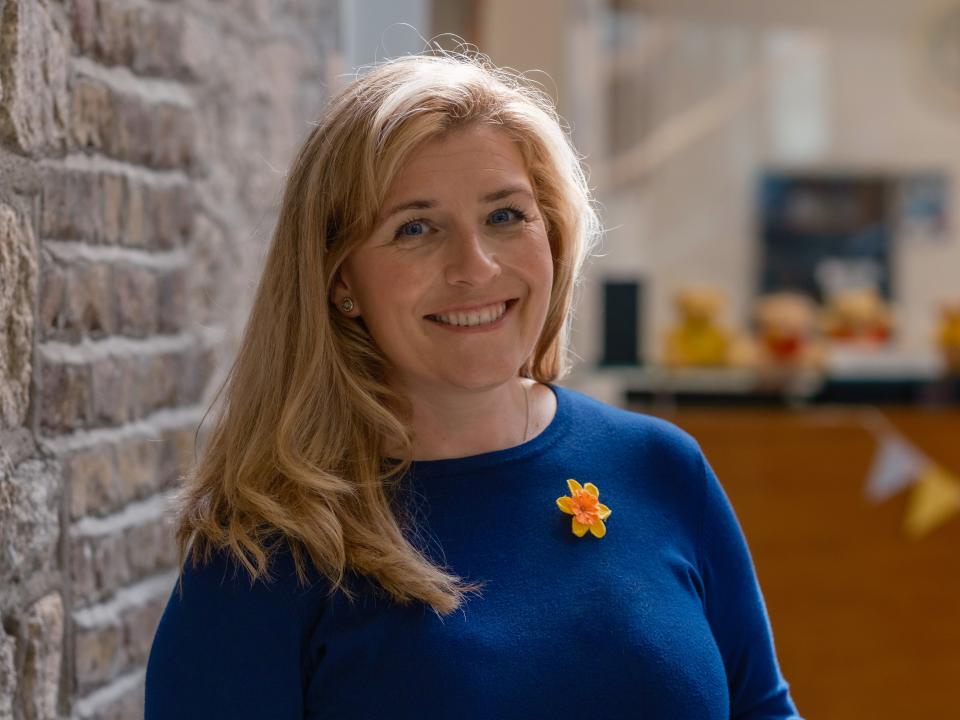Your child will have their radiotherapy at St Luke’s Hospital or St James’s Hospital in Dublin.
Having radiotherapy is a bit like having an X-ray. They will lie on a treatment table and the radiotherapy machine will move around them. It doesn’t hurt, but your child might feel nervous or scared while having treatment.
You will not be able to stay in the room with your child during radiotherapy treatment, but you will be able to see your child through a glass window or on a monitor at all times.
The radiotherapy staff are used to dealing with children and can offer great help and support.
Young children
Young children, usually under 3 years of age, will have radiotherapy under a light general anaesthetic.
Older children
Older children may take some time to get used to the size and noise of the machines. But this should get easier once they get to know the staff and their surroundings.






